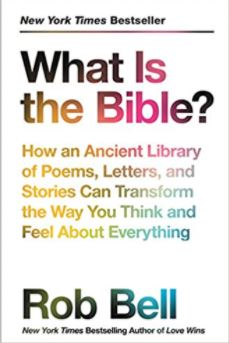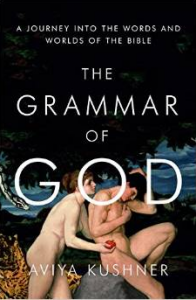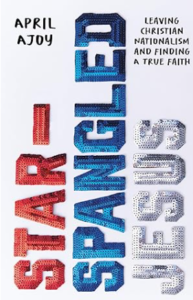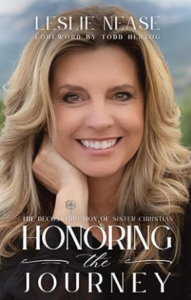“You missed it”
Rob Bell thought he knew the Bible. He had studied in seminary and relished preaching on topics from the Holy Book. Then one Sunday, after giving a sermon, a man walked up to him and said the words above – “you missed it”. “What? I asked him. What did I miss?” Rob Bell relates. “(the man) then proceeded to rattle off a seemingly endless list of things that were happening in the story from the Bible that I had just given a sermon about,” Bell says. “Background and hints and meaning and innuendo and humor and tension and history. The more he went on, the more I realized how right he was: I had missed it.”
This encounter led to Rob Bell to take a fresh look at the Bible. He shares the insights he gained in his book What is the Bible – How an Ancient Library of Poems, Letters, and Stories Can Transform the Way You Think and Feel About Everything
“I want to help you read the Bible in a better way because lots of people don’t know how to read it,” Bell writes. “And so they either ignore it, or they read it badly and cause all kinds of harm.”
Bell goes on to take familiar Bible passages and tells what the words mean in the original language they were written in. True meaning often gets lost in translation. This reminded me of another book I had read and reviewed, The Grammar of God where Jewish author Aviya Kushner writes “many times (I was) saddened at what had been misrepresented or obscured in moving the words from the Hebrew to the English, from the ancient to the more contemporary.”
Bell and Kushner are right. The meaning of ancient passages written in Hebrew and Greek do not translate exactly to English. I don’t have the time or the desire to learn Hebrew and Greek to delve into the original texts myself, so that is why I am thankful for authors like Bell and Kushner who do the work for me.
Something else Bell does in his book is point out seemingly insignificant details in a Bible story and ask, “why is that included?” In one passage in Genesis Bell writes about Melchizedek, king of Salem, blessing the old Testament patriarch Abraham. Melchizedek wasn’t part of God’s covenant with Abraham – where’d he come from? Bell relates this passage to our life today. “So what does all this about Melchizedek have to do with us here and now in the modern world? Don’t be surprised when you meet people who have none of your religious background (and baggage) and yet clearly have a genuine connection with the divine. This is normal, healthy, and biblical.”
“Isn’t the Bible ultimately about Jesus and how there’s a narrow way and a few people will find it and everyone else is going to burn in hell?” Bell asks, challenging one traditional interpretation of scripture. “No, it’s not. It’s bigger and more expansive and inclusive and embracing and enlightened than that because the Jesus story is bigger and more expansive and inclusive and challenging and dangerous and enlightened than that.”
Finally in a concluding chapter Bell has wise words about gracefully interacting with people who have different views than you do on the Bible and spirituality. That passage is too long to quote here, but it’s one of the best pieces of advice I have read in a long time.
Read Bell’s What is the Bible if you are open to different interpretations of scripture. And as with everything related to spirituality I pray to God to “show me the truth.” The reader can decide if the author’s interpretation of the scripture is accurate – I for one found much truth in Bell’s approach to the Bible myself.




